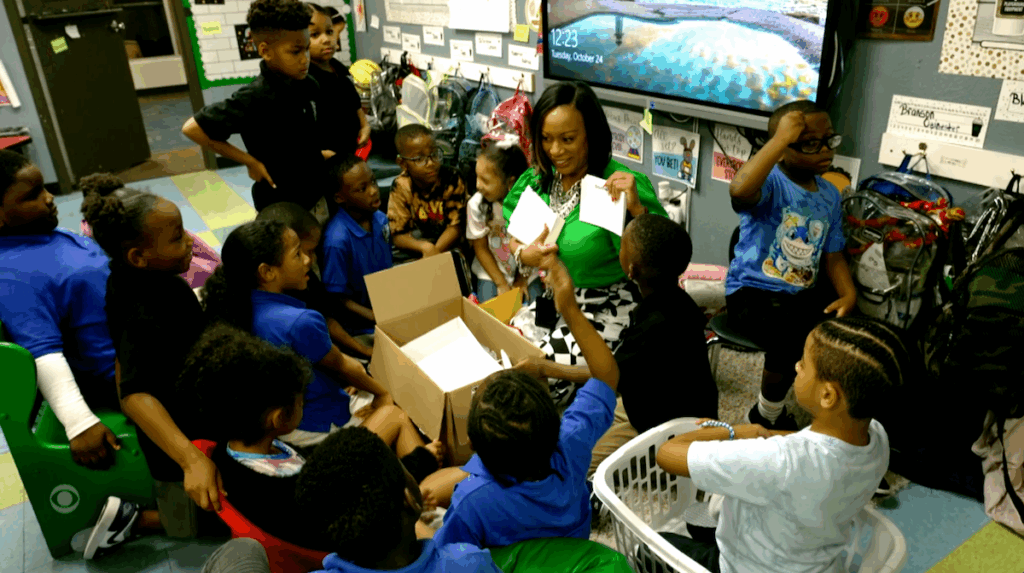
Our imagination is a powerful tool that can help us develop creative solutions and see the world in a different way.

Create positive relationships and meaningful connections with family members, classmates, and teachers.
Identify and understand emotions, values, attitudes, motivations, mindsets, and personal attributes .
Enthusiastic to understand more about themselves, others, and the world around them.
Exhibit a growth mindset and willingness to learn from mistakes.

Students will explore the power of imagination from a class of first graders who are taking a trip to Mexico.



Think about the video.



K-5
6-12

Educators: Copy the Family Connection and email it to parents or click here to download a PDF version to email or print.
Watch
Discuss
Use these questions to start meaningful conversations about imagination.
Activity